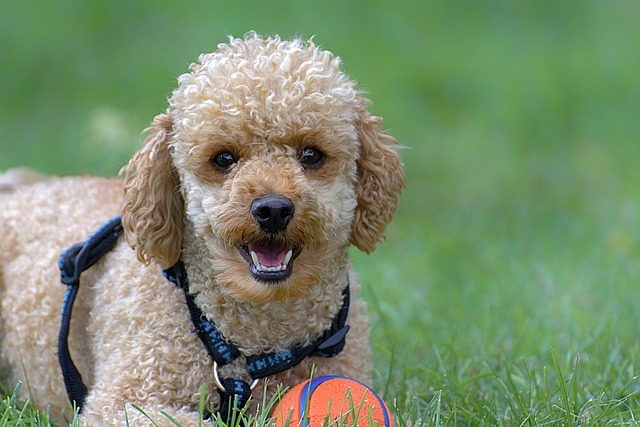
How can I tell if my dog's heatstroke is serious
Let’s be real: It’s a sticky August morning in Los Angeles, and you took your 2-year-old Golden Retriever, Max, for a walk a little later than usual
Bringing home a Teddy puppy is exciting, but it’s normal to feel a little lost. That tiny ball of fluff might hide under the couch, whimper at night, or refuse to eat—and that’s okay. Puppies, especially Teddy breeds known for their sensitive nature, need time to adjust. Think of it like moving to a new city: you’d want a quiet corner to unpack, right? Set up a cozy space with a soft bed, their favorite toy from the breeder, and a water bowl. Visit them often but keep interactions calm—no loud voices or sudden hugs. Let them approach you first; trust builds faster when they feel in control.

Feeding your Teddy puppy the right way avoids upset tummies and keeps energy steady. Those big eyes begging for a bite of your sandwich? Resist. Puppies under 4 months need small, frequent meals—three to four times a day—of high-quality puppy food. Ask the breeder for their current diet and mix in new food gradually over a week; sudden changes can cause diarrhea. Skip table scraps, especially chocolate, grapes, or onions—these are toxic, and local vets see too many emergencies from well-meaning owners. A measuring cup ensures you don’t overfeed; a chubby Teddy might look cute, but extra weight strains their joints.
Potty training is where patience (and treats) become your best tools. Your Teddy puppy can’t hold it long—their bladder is the size of a marble! Take them out first thing in the morning, after meals, and before bed. When they go outside, cheer loudly and offer a tiny treat—this positive reinforcement teaches them “outside = good things.” If accidents happen indoors, clean it with an enzymatic cleaner (regular soap leaves smells that attract them back). Never scold or hit—fear makes training harder, and it’s against the kind of care pets deserve here.
Health checks and vaccines keep your Teddy happy long-term. Schedule a vet visit within the first week; they’ll check for parasites, listen to their heart, and start their vaccine series (like DHPP for distemper and parvovirus). Keep records—many parks and groomers ask for proof of shots. While out, always carry bags to pick up waste; it’s not just polite, it’s the law in most areas. And if you live in an apartment, stick to a quiet playtime schedule—neighbors will thank you, and your puppy will thrive with routine.

Let’s be real: It’s a sticky August morning in Los Angeles, and you took your 2-year-old Golden Retriever, Max, for a walk a little later than usual

You're enjoying a summer afternoon at the park when you notice your dog has stopped panting and appears disoriented - their gums are bright red

Let’s paint the picture: You’re in your Denver apartment, watching your 4-year-old Boston Terrier, Ruby, plop down mid-play session with her favorite toy

Many dog owners notice their pets nails seem shorter after regular walks,but how much does this daily activity actually help?The answer depends on where you walk—concrete sidewalks or asphalt streets gently file nails as a dog's paws hit the ground

Most dog owners notice their pup scooting across the carpet at some point, but few connect it to impacted anal glands. These small sacs near a dog’s rectum secrete a scent for marking territory

Most vets agree that regular dog teeth cleaning is key to avoiding painful dental issues later. For healthy adult dogs, a professional cleaning at the vet’s office every 12 to 18 months usually works well.